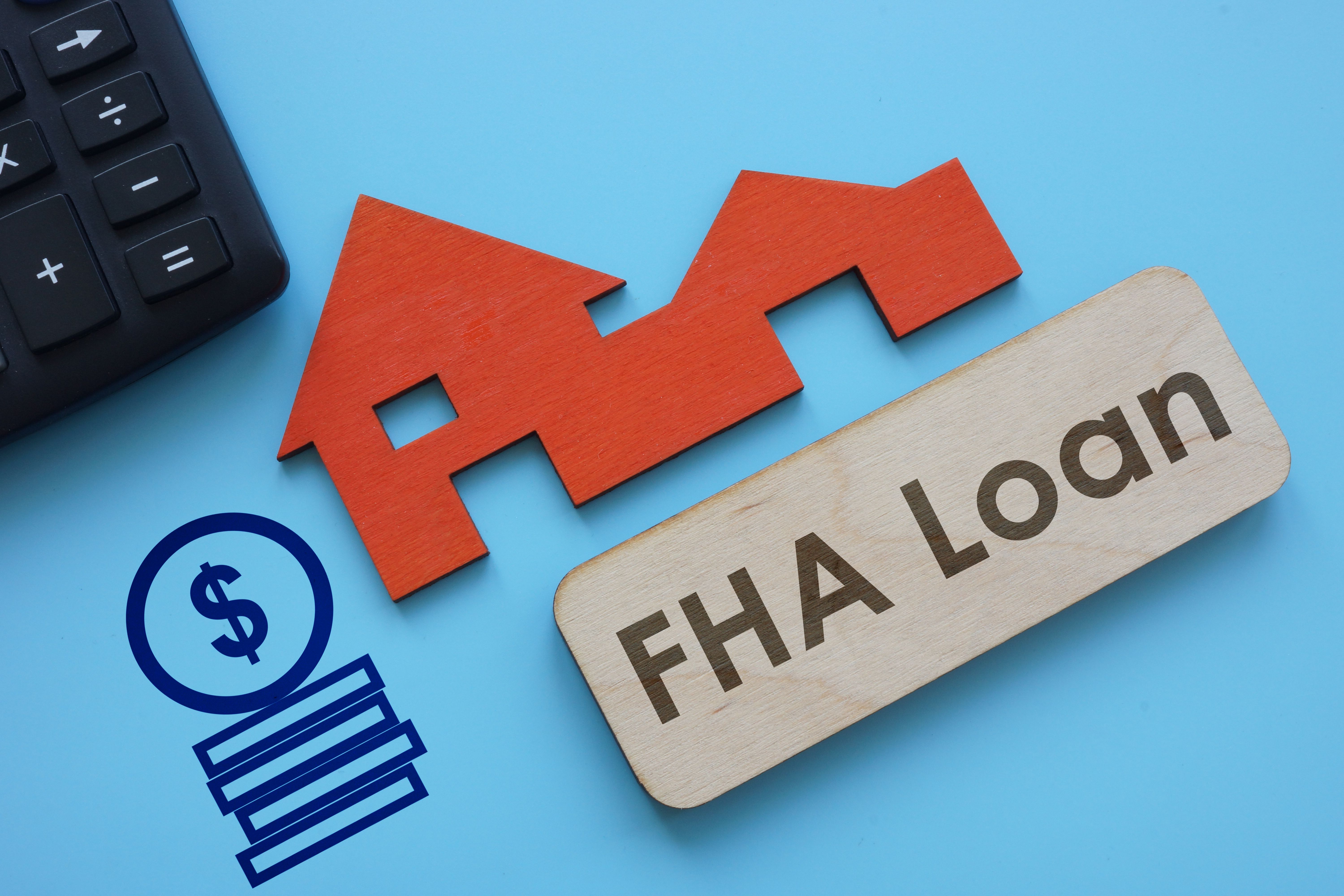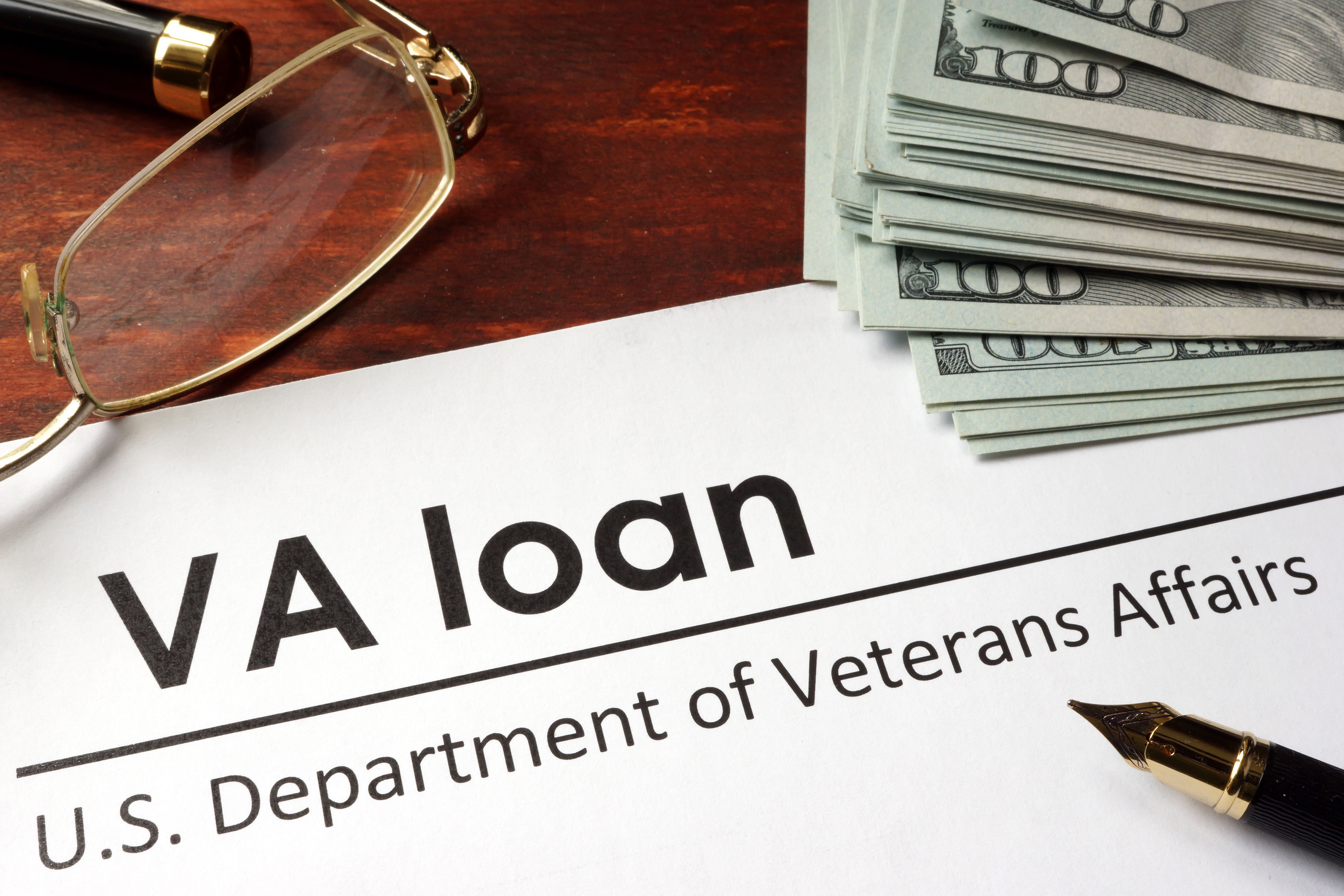Choosing Between FHA, VA, and Conventional Loans
Understanding FHA Loans
FHA loans, insured by the Federal Housing Administration, are a popular option for first-time homebuyers or those with lower credit scores. These loans are designed to make homeownership more accessible with less stringent credit requirements. One of the main advantages of an FHA loan is the low down payment requirement, which can be as low as 3.5% of the purchase price.
While FHA loans offer flexibility, they come with mortgage insurance premiums (MIP) that are required for the life of the loan. This can make them more costly in the long run compared to other loan types. It's important to weigh these costs against the benefits of easier qualification.

Exploring VA Loans
VA loans are specifically designed for veterans, active-duty service members, and their families. These loans are backed by the Department of Veterans Affairs and offer significant benefits, including no down payment and no requirement for private mortgage insurance (PMI). This can result in substantial savings over the life of the loan.
Another benefit of VA loans is their competitive interest rates, which can be lower than conventional loans. However, there is a funding fee, which varies based on service categories and down payment size. Eligible borrowers should carefully consider these factors when choosing a VA loan.

The Conventional Loan Option
Conventional loans are not insured or guaranteed by the government, making them a popular choice for those with good credit and the ability to make a substantial down payment. Typically, these loans require a down payment of 5% to 20%, and borrowers can avoid PMI if they put down 20% or more.
One of the advantages of conventional loans is the potential for lower overall costs since there is no mortgage insurance requirement with a sufficient down payment. They also offer a variety of term options, including fixed and adjustable rates, providing flexibility to suit different financial situations.

Factors to Consider
When deciding between FHA, VA, and conventional loans, it's essential to consider your financial situation and long-term goals. Here are some factors to consider:
- Credit Score: FHA loans are more forgiving for lower credit scores, while conventional loans typically require higher scores.
- Down Payment: VA loans require no down payment, FHA loans require 3.5%, and conventional loans can require up to 20%.
- Mortgage Insurance: FHA loans have MIP, VA loans have a funding fee but no PMI, and conventional loans may require PMI depending on the down payment.
Making Your Decision
The choice between these loan options ultimately depends on your unique circumstances. If you are a veteran or active service member, a VA loan might offer the best benefits. For those with lower credit scores or minimal savings for a down payment, an FHA loan could be more suitable. Conversely, if you have good credit and can afford a larger down payment, a conventional loan might be the most cost-effective option.
It's advisable to consult with a mortgage professional who can provide personalized guidance based on your financial profile and help you navigate the complexities of choosing the right loan type for your needs.
